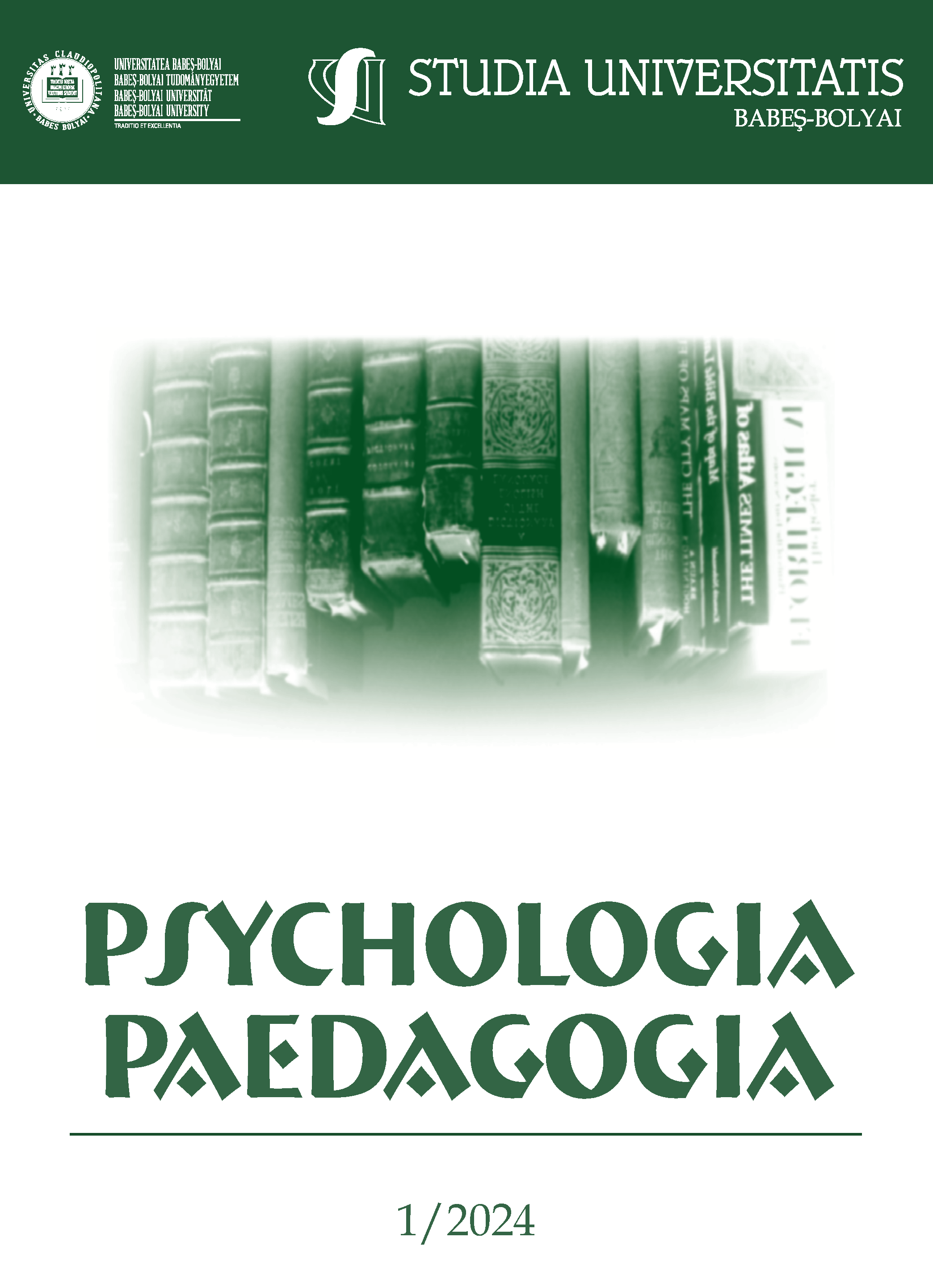THE ROLE OF EMOTIONALITY, SELF-EFFICACY, RATIONAL- AND INTUITIVE- THINKING STYLES IN ADVANCED CHESS EXPERTISE
THE ROLE OF EMOTIONALITY, SELF-EFFICACY, RATIONAL- AND INTUITIVE- THINKING STYLES IN ADVANCED CHESS EXPERTISE
Author(s): Adrienn Varga, Eszter Eniko MarschalkoSubject(s): Educational Psychology, Comparative Psychology
Published by: Studia Universitatis Babes-Bolyai
Keywords: chess expertise; ELO rating; A-level; emotionality; self-efficacy; rational thinking; intuitive thinking; practice; adults.
Summary/Abstract: Background: Literature is scarce regarding the psychological predictors of chess expertise and A-level chess performance. Methods: A cross-sectional study was designed and conducted on a total number of 90 Hungarian and Romanian competitive chess players. More than half were males, the average age was 32.07 (SD=12.99). The study aimed to explore the predictive influence of age, gender, number of hours spent practicing, preferences for rational and intuitive thinking styles, self-efficacy, and emotionality on the likelihood of obtaining a publicly accessible ELO rating within the range of 1800-2500 (indicating at least A-level expertise or higher). Binary logistic regression was applied to examine the weight of each predictor. Results: The data evinced the statistically significant role of gender, and rational thinking style on A-level chess expertise and from all the conclusive predictors the most determinant was the rational thinking style which raised the chance of high expertise more than 60 times. Conclusions: Practice contributes positively to the development of A-level competence. However, the most crucial factor in predicting high chess expertise and performance is the preference for rational thinking style.
Journal: Studia Universitatis Babes-Bolyai - Psychologia-Paedagogia
- Issue Year: 69/2024
- Issue No: 1
- Page Range: 135-150
- Page Count: 16
- Language: English

